The Labour-led local council was forced to withdraw their attempt to silence street preachers in two Hampshire county towns in the UK.
The council submitted a court injunction request in March to prohibit street preachers in Farnborough and Aldershot town centers from praying, singing, distributing Bibles or leaflets, and engaging in religious conversations,
the UK-based legal advocacy group Christian Concern said, adding the proposed injunction would have criminalized praying or sharing Christian literature in public without prior permission.
The gospel has never been silenced by opposition— in fact, challenges like these have historically refined, not weakened, the Church’s resolve,
Andrea Williams, CEO of the Christian Legal Centre, told The Christian Post in an interview. She credited the swift response from Christian Concern, local preachers, councilors, and public attention for forcing the council to recognize its serious misjudgment. A meeting is now planned between the council and the preachers to seek constructive, lasting solutions.
The council’s application, filed under the 2014 Anti-Social Behavior, Crime and Policing Act and the 1972 Local Government Act, claimed the ban was necessary to prevent “alarm and distress” among residents. The draft injunction warned that violating the conditions could lead to prosecution and up to two years in prison.
Local churches and preachers said they were not consulted, and condemned the restrictions as disproportionate and unprecedented.
Christian Legal Centre lawyers argued the ban would have criminalized ordinary expressions of faith—including singing Christmas carols.
Sally McGuinness, a street preacher active in the area for over 15 years, said she had tried to contact the council after learning about the proposal but received no reply. Jamie Broadey, another preacher supported by the Christian Legal Centre, an arm of Christian Concern, expressed shock that the draft injunction sought to ban praying or singing unless the public had given prior permission.
He described the proposed restrictions as incompatible with Britain’s centuries-old Christian heritage.
After mounting pressure, the council announced it would withdraw the application and consider instead developing a voluntary code of conduct for street preaching.
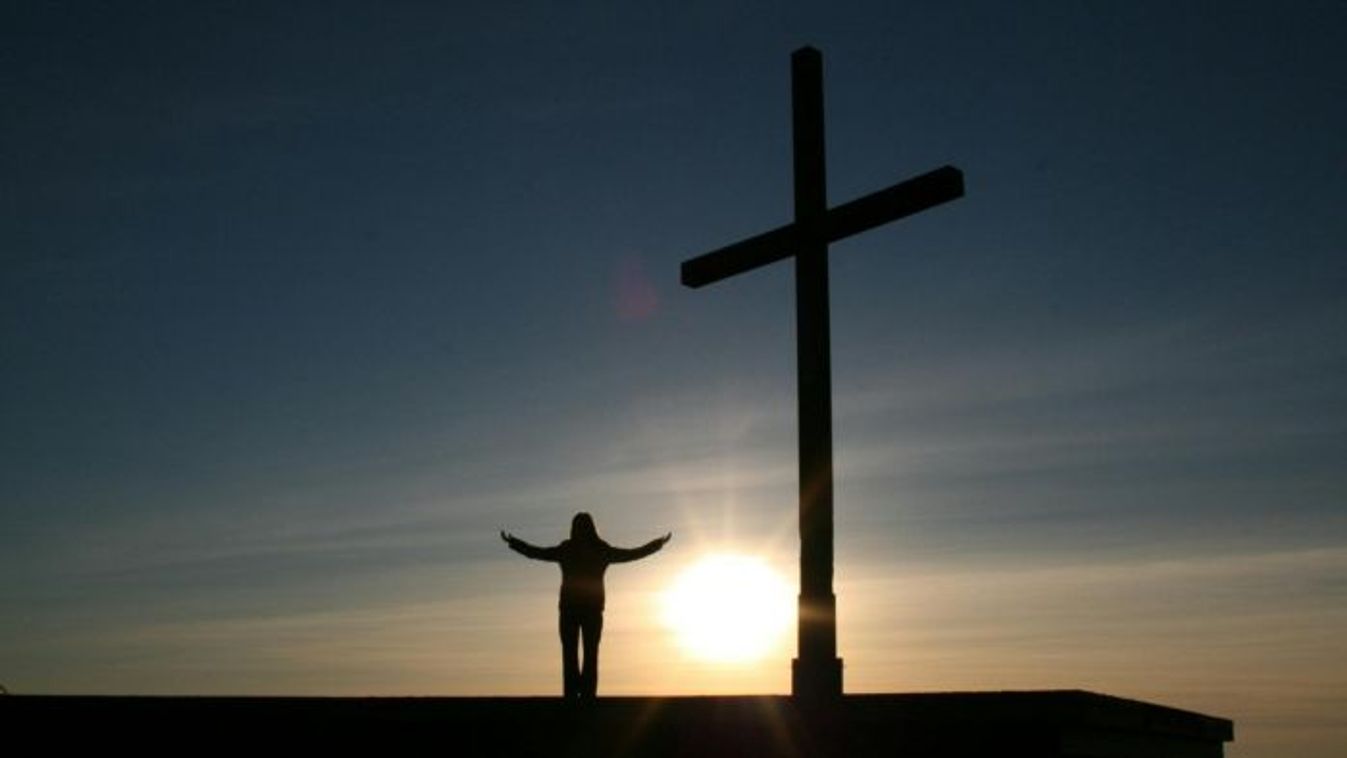

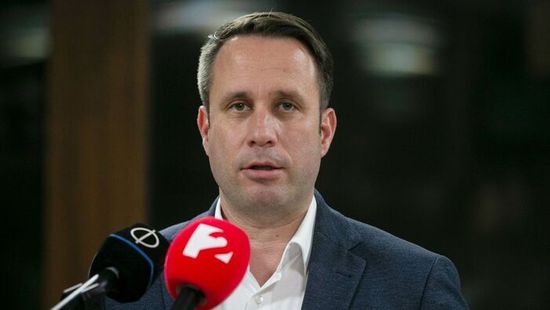
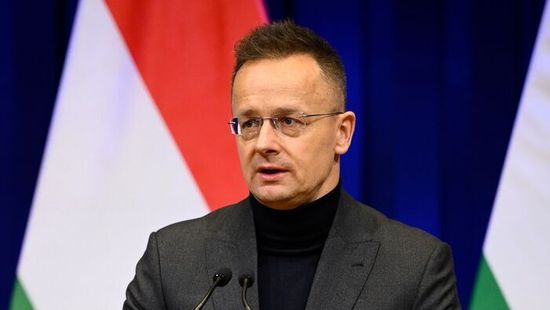



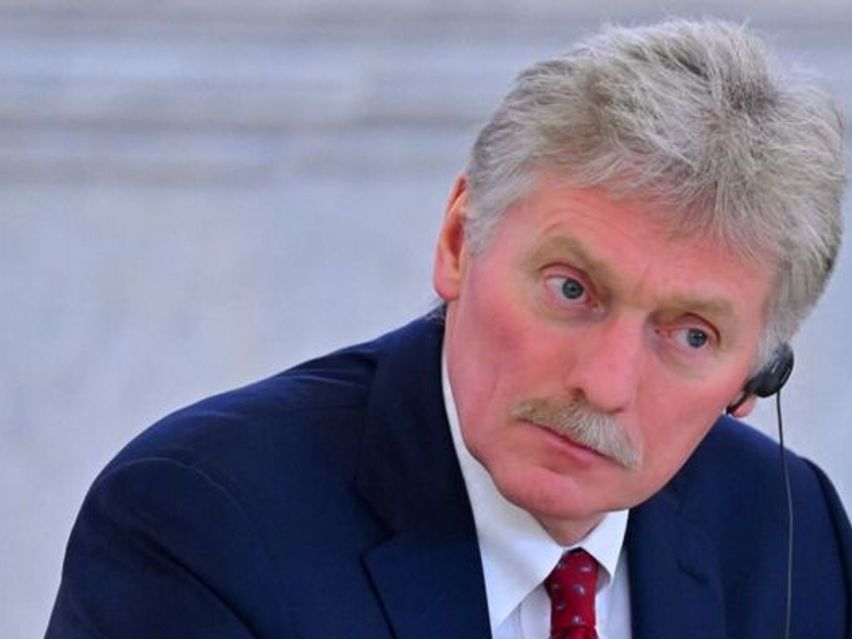
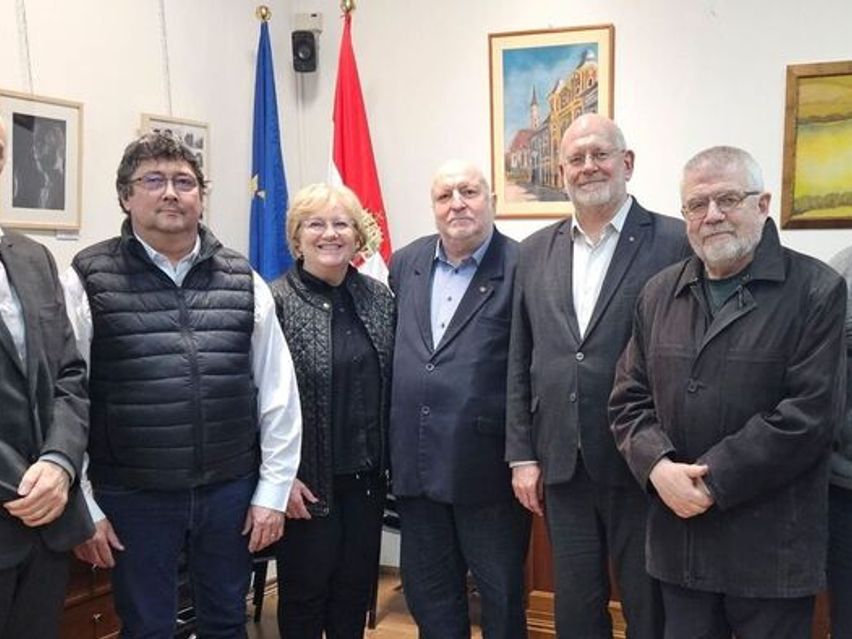
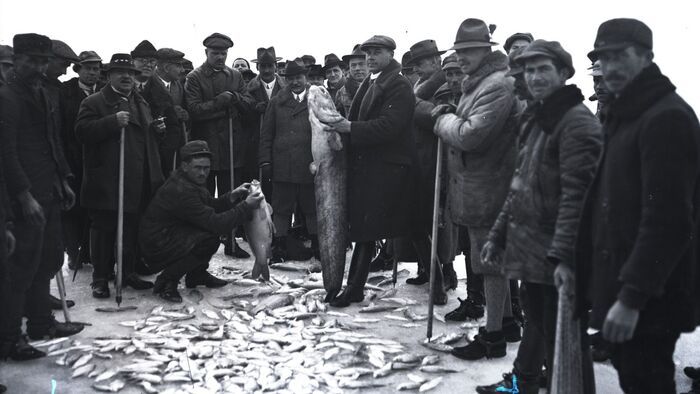

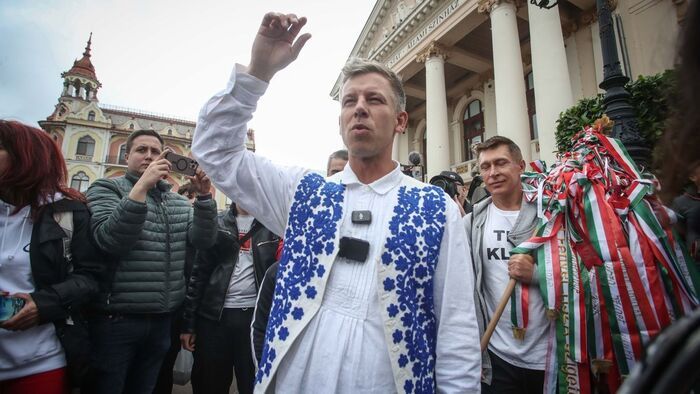




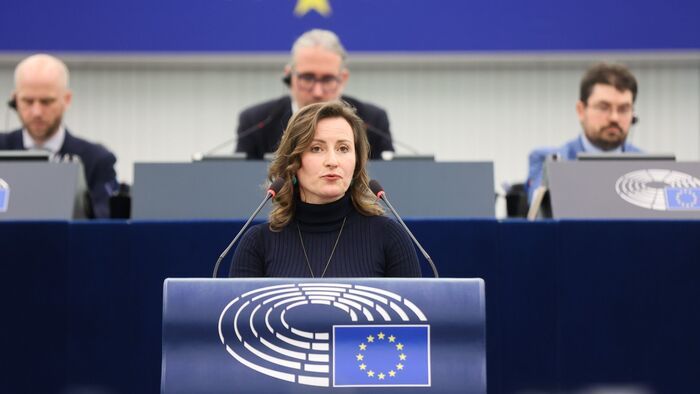



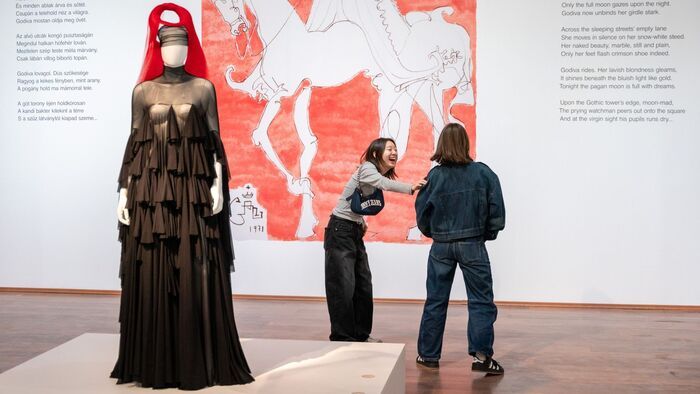
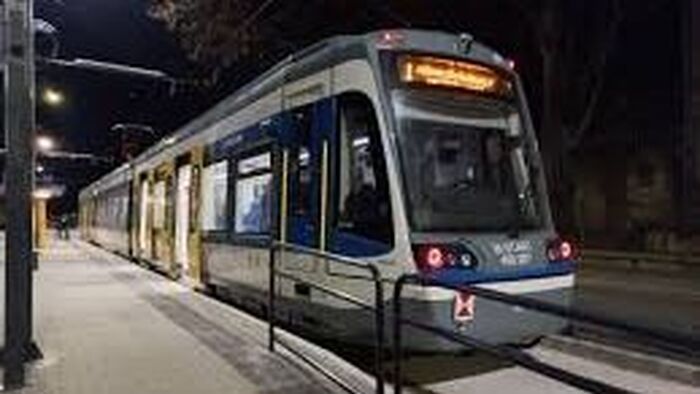

Szóljon hozzá!
Jelenleg csak a hozzászólások egy kis részét látja. Hozzászóláshoz és a további kommentek megtekintéséhez lépjen be, vagy regisztráljon!